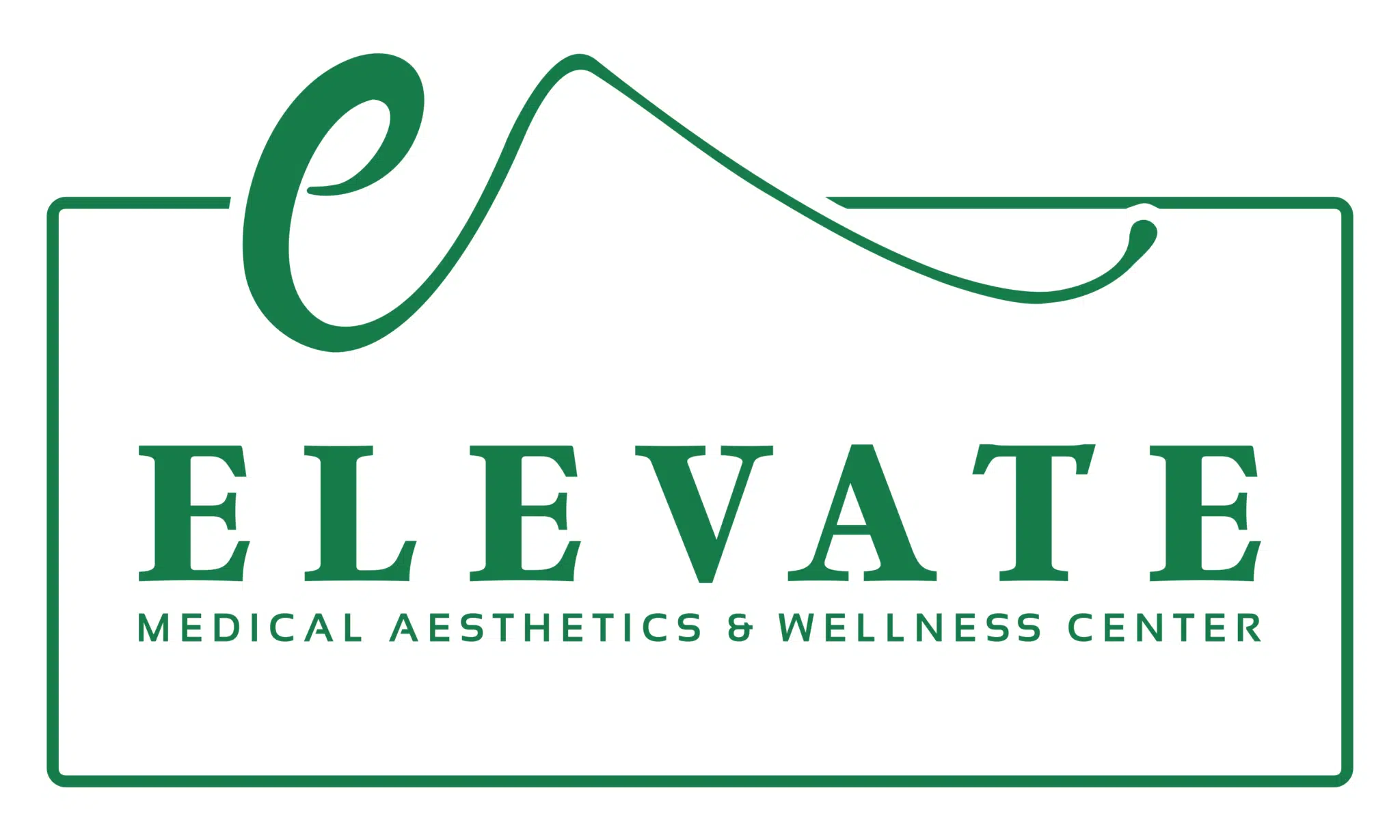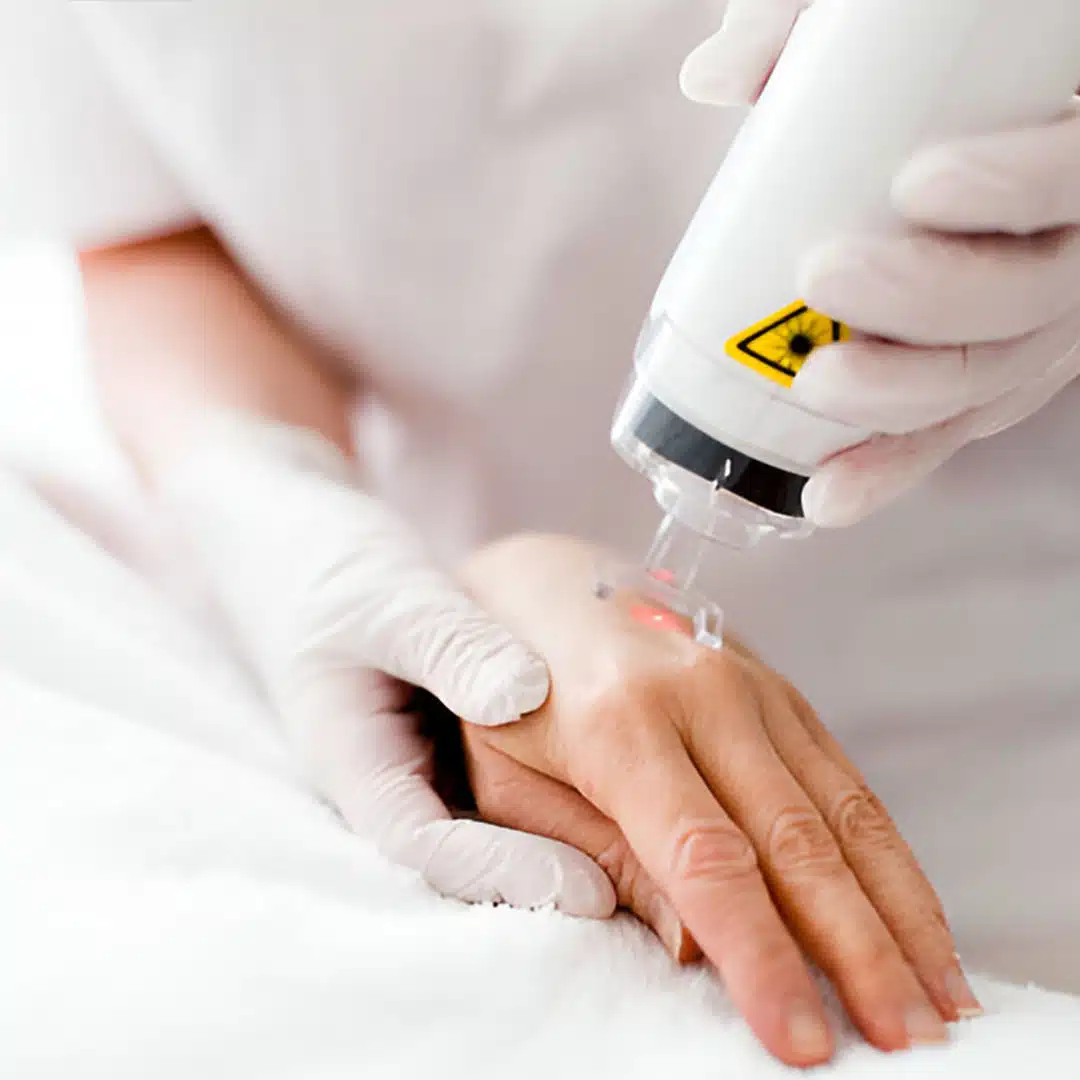Potential Risks and Complications
CO2 laser resurfacing, while effective for skin rejuvenation, carries potential risks that patients in Havertown, PA, and West Chester, PA, should be aware of. Side effects may include erythema, inflammation, and swelling in the treated areas. The recovery period can vary based on individual healing processes and skin types. Patients with darker skin may be at a higher risk of developing hyperpigmentation, making it essential to consult with a qualified dermatologist before proceeding with treatment. Additional complications such as scarring or contact dermatitis can arise, particularly if the aftercare instructions are not followed meticulously.
Proper management of side effects is crucial for minimizing complications. Local anesthesia is typically administered to manage discomfort during the procedure. However, postoperative care plays a vital role in promoting healing. Providers often recommend using ointments like Aquaphor or Vaseline to hydrate the skin while protecting it from external irritants. Patients should avoid heat exposure and sun exposure, applying a broad-spectrum SPF to shield the newly resurfaced skin. Regular follow-ups with a physician can help monitor recovery progress and address any adverse reactions that may occur during the healing process.
Identifying and Managing Side Effects
After undergoing CO2 laser resurfacing, patients may experience several side effects that can vary in intensity. Common issues include swelling, redness, and irritation similar to a sunburn. The skin may also produce a significant amount of exudate, requiring appropriate wound care to prevent infection. Antibiotic ointments are often recommended to help protect the skin and minimize the risk of infections like herpes simplex virus. In some cases, patients may develop pigment changes or experience pain that requires management through prescribed analgesics or stronger interventions if necessary.
Identifying these side effects early is crucial for effective management. Cosmetic surgeons often advise patients to monitor their recovery closely and report any unusual symptoms, like excessive pain or signs of infection. Thorough aftercare instructions, including the use of gentle skincare products and hydration, should be followed diligently. Patients may need to avoid applying makeup or heavy skincare products until their skin has sufficiently healed. Those with a history of skin conditions or scarring should consult their surgeons about tailored aftercare to ensure optimal healing and aesthetic results.



